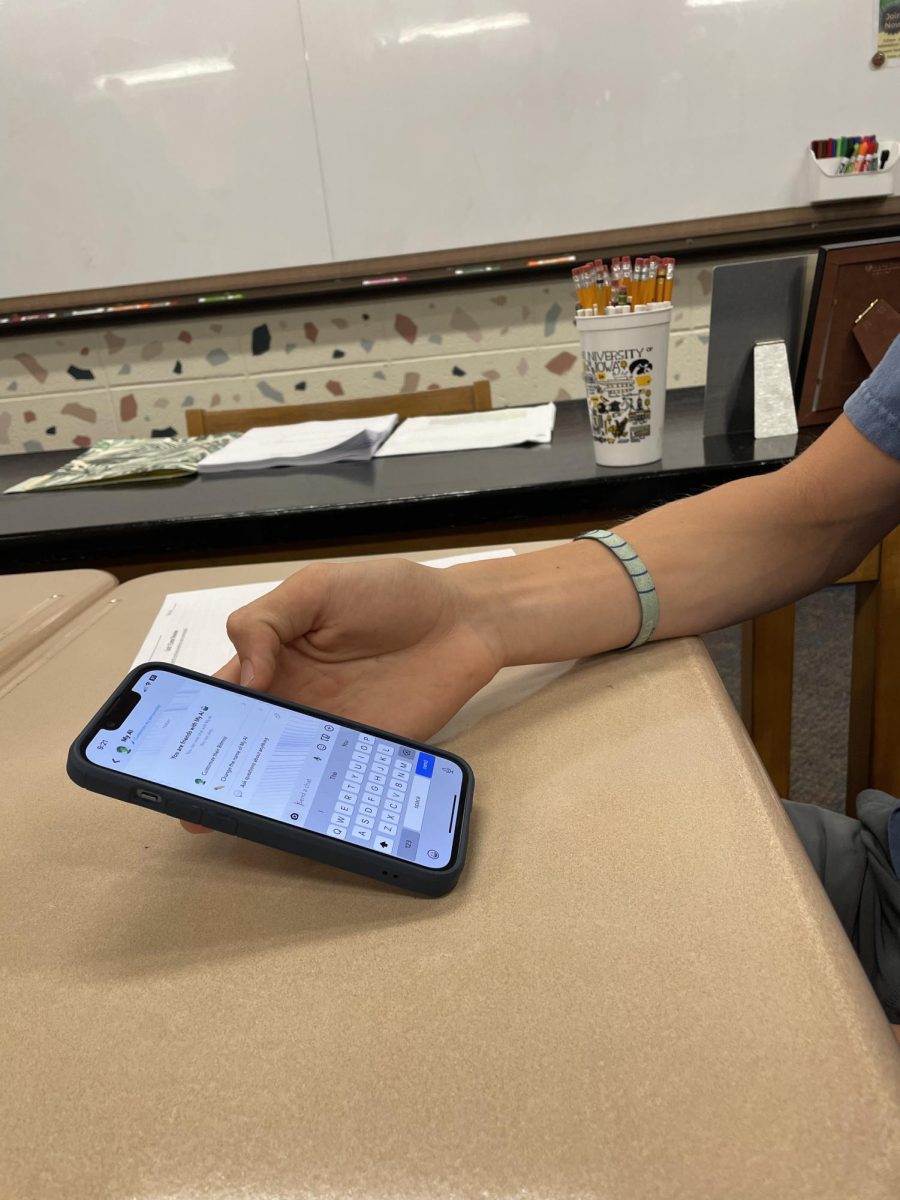The future that has been promised for generations has started forming as advancements in artificial intelligence (AI) have opened new possibilities for humanity. AI is the first step towards making major advancements forward in a myriad of fields ranging from technology to medicine.
But even with all the benefits potentially spurring from the advancement of AI, experts have legitimate concerns when it comes to its impact on humanity. These concerns may affect humans both directly and indirectly in a wide variety of ways.
The direct risks of AI, such as lack of security and privacy, more ubiquitous and convincing misinformation and the ever-popular doomsday theory have many researchers warning against using this new technology. These concerns have caused many to ask for a pause on the further development of AI, hoping to determine all the risks before fully unleashing its potential.
There is also the danger of overdeveloping AI to a point where it is smarter than humans are. “If we tell it too much then it might be able to tell us answers to questions we don’t know,” said junior Bennett Teitle, adding he believes it is “too dangerous.”
Though most people focus on the direct risks of AI, the indirect risks are just as prevalent and no less severe. The most pressing of these is the impact AI might have on human intelligence and innovation. The efficiency combined with the simplicity of using AI has resulted in it quickly becoming an essential tool for students.
While some may view this as a positive, others are not as convinced. Many fear that as the usage of AI becomes widespread, it will lead to laziness, loss of intelligence and a lack of creativity in future generations as they become more and more reliant.
As AI is used more and more, people also become less motivated to pursue certain careers. “[AI] hurts the arts,as the credibility and accomplishment of tons of different types of artists is put in question because ‘a robot can do it better,’” said Teitle.
Another potential danger of AI comes from its ability to replace humans in certain careers. With its efficiency and consistent high-quality work, AI is already being used in place of humans in a variety of ways. “[AI] will still cause problems like unemployment,” said junior Isaac Neumann.
Some consequences of artificial intelligence are already being uncovered; most prominently among these is the increase of fake news stories that have come from having access to a tool that can make edited videos and untrue stories seem convincing.
While people have already begun to recognize this consequence, further developing artificial intelligence will only make the problem worse. “AI can allow anyone to edit videos so it will be almost impossible to determine what is real and what is fake,” said Neumann.
There are many advantages coming from artificial intelligence with undoubtedly more on the way as the technology continues to develop. However, many serious dangers have the potential to arise due to this artificial intelligence that could have negative effects on the future of humanity. As people continue to make advancements in this new technology, the decision needs to be made: how far should AI be developed before its disadvantages outnumber its benefits?









